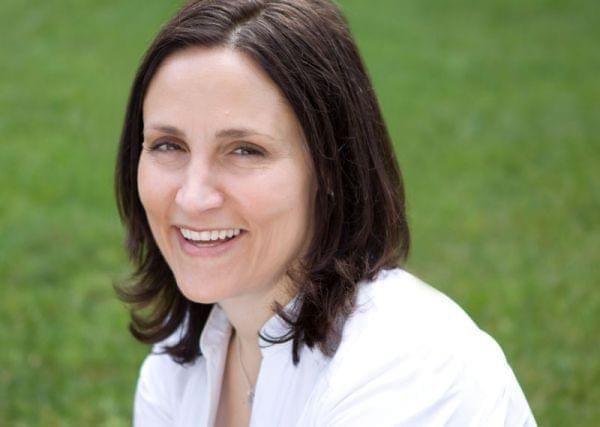Racial Disparities In A ‘Good School’

Amanda Lewis and John Diamond's book "Despite the Best Intentions" explores racial disparities in one suburban high school. University of Illinois-Chicago
A researcher's new book attempts to explain why racial disparities still exist in education, even when a school appears to have everything it needs to eliminate them. Amanda Lewis and John Diamond are the authors of the book "Despite the Best Intentions." Illinois Public Media's Brian Moline spoke with Lewis, who is an associate professor of African-American studies and social science at the University of Illinois-Chicago, and a visiting fellow at the Institute of Government and Public Affairs.
The school district called "Riverview" in the book should be well-equipped to tackle racial disparities. It's a highly diverse district, located in a metropolitan suburb that provides better than average funding for its schools. Riverview has also made a conscious effort to fight back against racial disparities. But a long-time school administrator became so frustrated by Riverview's lack of progress that he called Lewis and Diamond to see if they could help explain why those disparities persisted. Note that the district and all people in the book are referred to by pseudonyms to protect their identities.
"He was nearing retirement and feeling really frustrated and disheartened at how little progress the school had made since he'd been there at addressing racial achievement gaps," Lewis said. "He called and just asked if we could come help him figure out in a different way what is going on at the school."
Lewis and Diamond started by interviewing low-achieving black students at Riverview at the administrator's request, but she says the project quickly grew.
"We ended up over the course of four school years interviewing over 170 members of the school district," Lewis said, "including high-achieving black students and their parents, Latino students and their parents, white students and their parents, school staff, administrators, security guards, and school board members."
Lewis says they found a few persistent issues that contributed to Riverview's racial achievement gap.
"One of the things we found was that teachers, personnel, despite their best intentions held different performance expectations for different kids," she said. "Their sense of who belonged in honors and AP classes and who didn't. Some students would have teachers monitoring them and as soon as they got a 'B' on exam would ask them what was going on, and other students were told that a 'B' on an exam was great."
She says there were also racial inconsistencies in applying school disciplinary policies.
"We say 'here are the rules, if you're in the hallway without a pass, you get a detention,'" Lewis said. "And what you have are powerful parents, who are often white, pushing to get their kid exempted from consequences, and unfortunately that works a lot of the time."
Lewis says these incidents are each small, but add up over time.
"The metaphor I use to capture it is a death by a thousand cuts," she said. "What we found is lots of subtle things over time that really add up to different kinds of experiences."
She says that though several years have passed since she and Diamond conducted their research at Riverview, it doesn't look like much has changed.
"We recently gave a talk to a group of about 15-20 superintendents, along with a bunch of other administrators from districts like Riverview," Lewis said, "and at the end of it many of them came up to us and said, 'that sounds like my district.' Part of the process for us was circling around to see if anything was changing, and unfortunately, not a lot was changing."
Lewis says her prescribed solution sounds simple, but it isn't easy to do.
"It may be that the school rules are too punative in some cases, but if they're on the books and they're being applied to some kids, they should be applied to all kids," she said. "Because what would happen then, is that the parent who really do have a lot of power would have to push for the rules themselves to change, and they would change for everybody, rather than just their kids constantly getting an exception."

